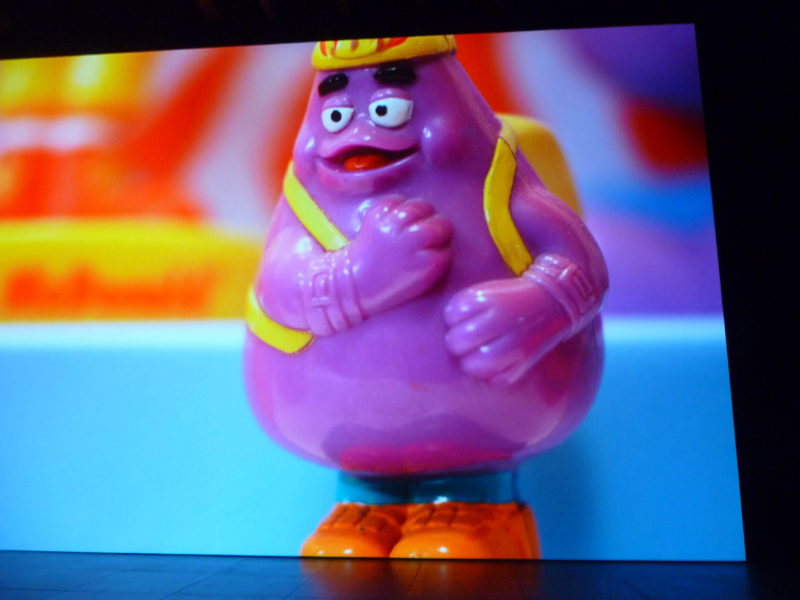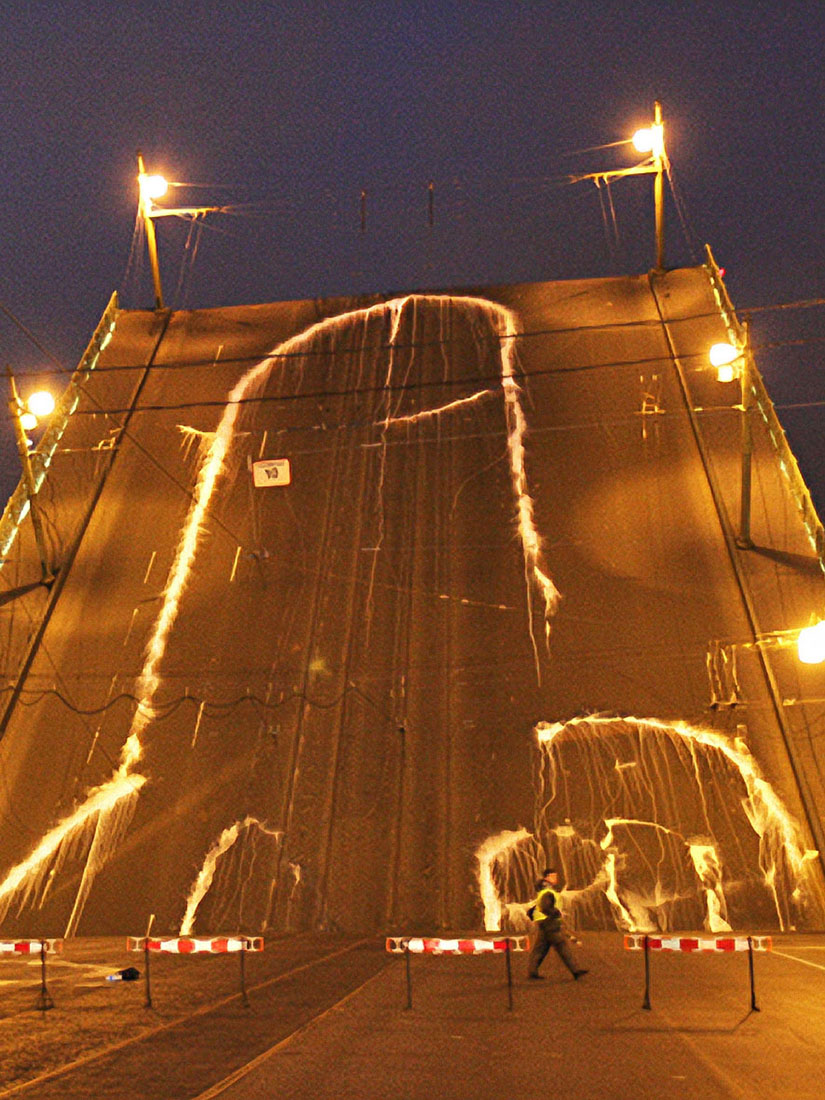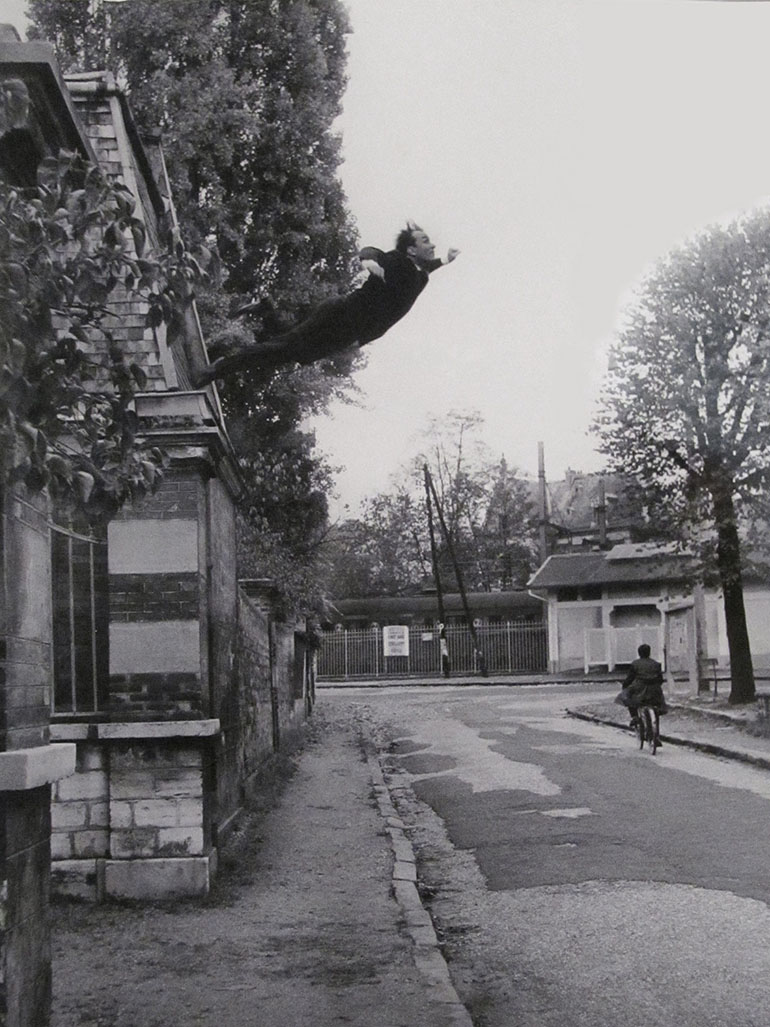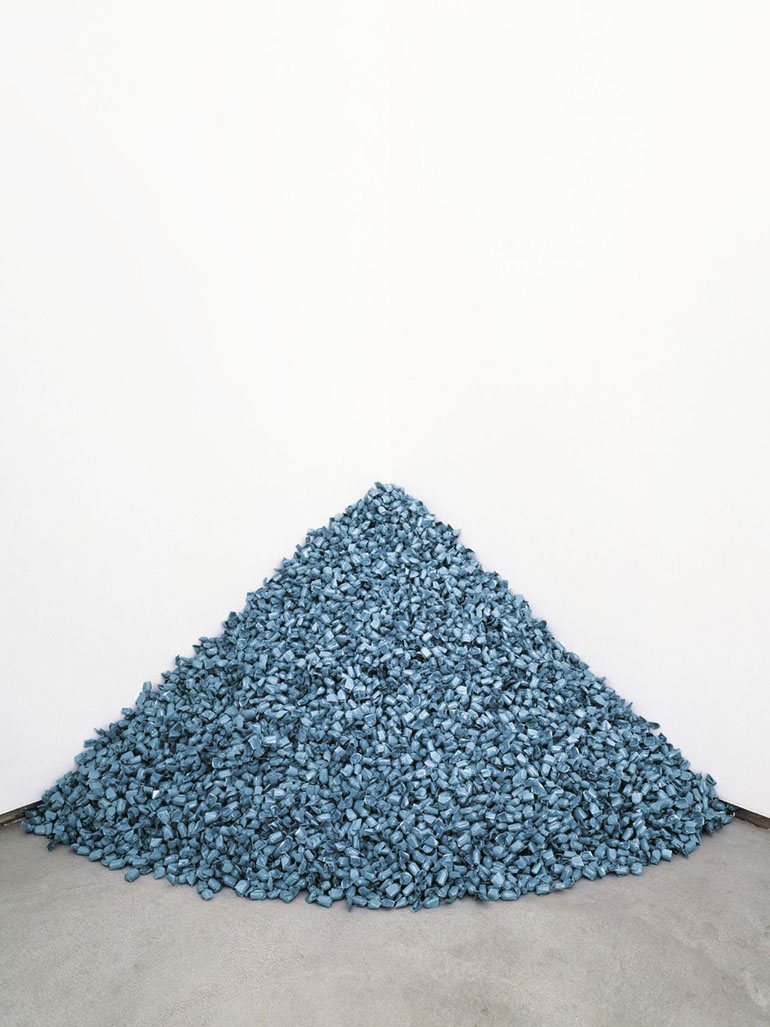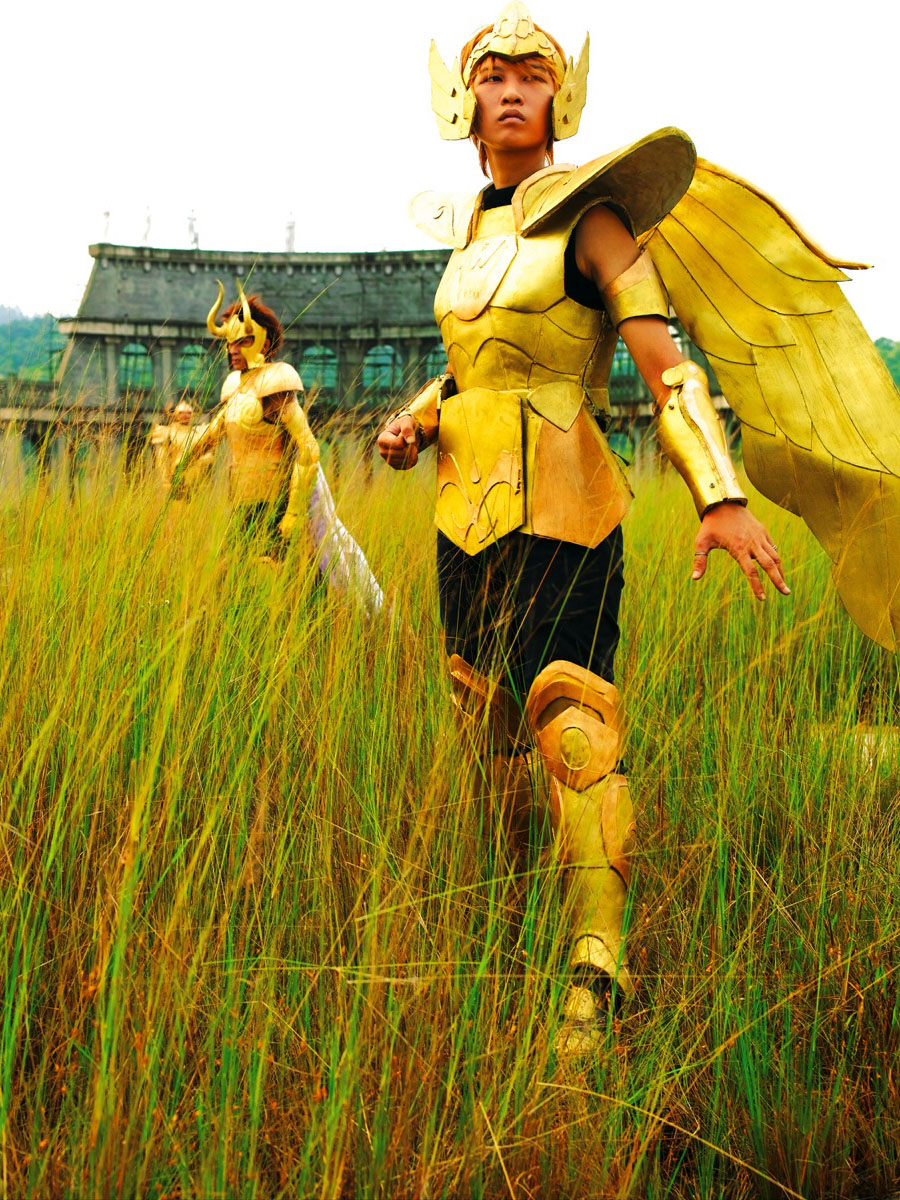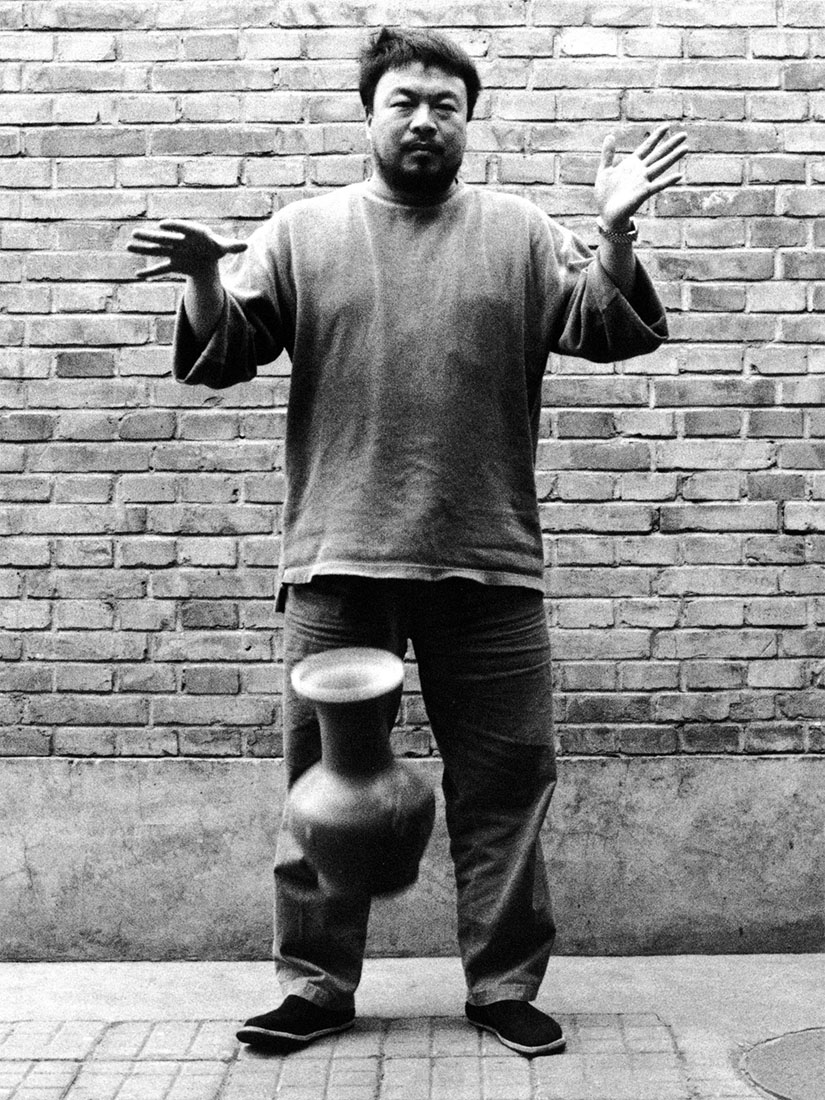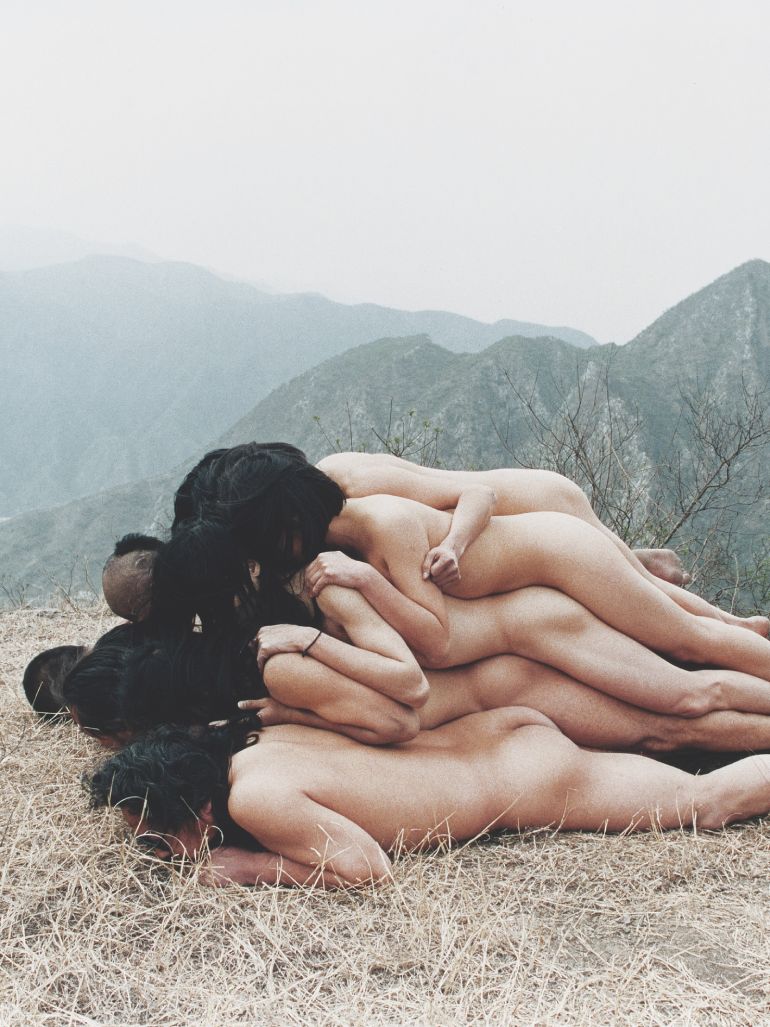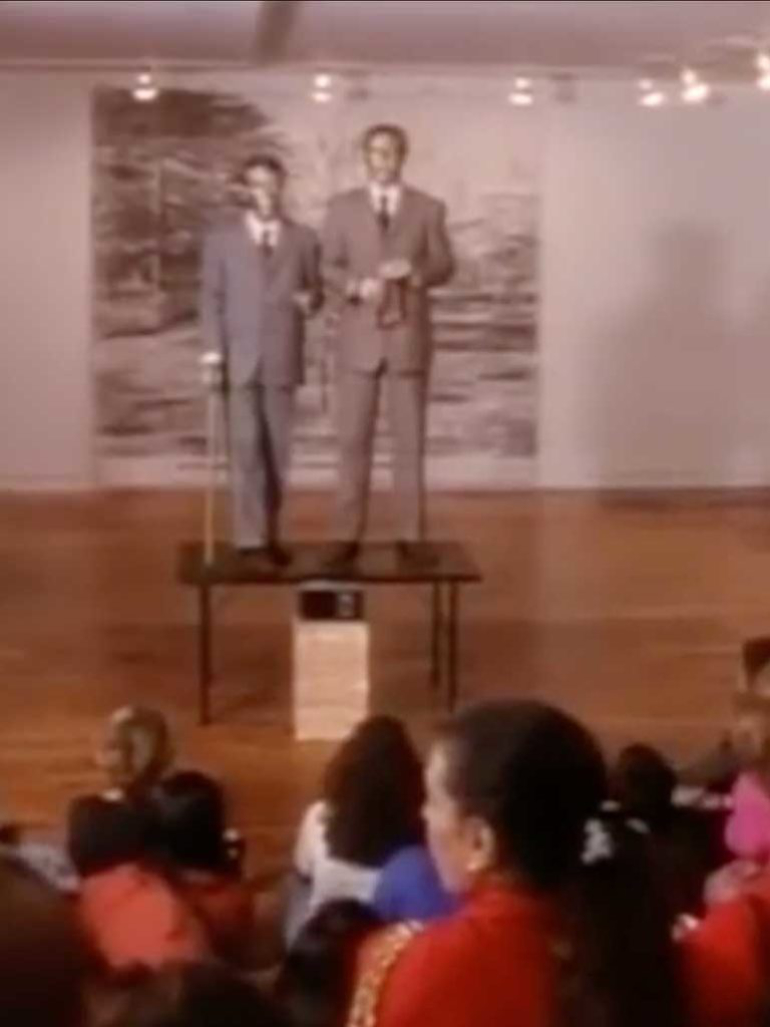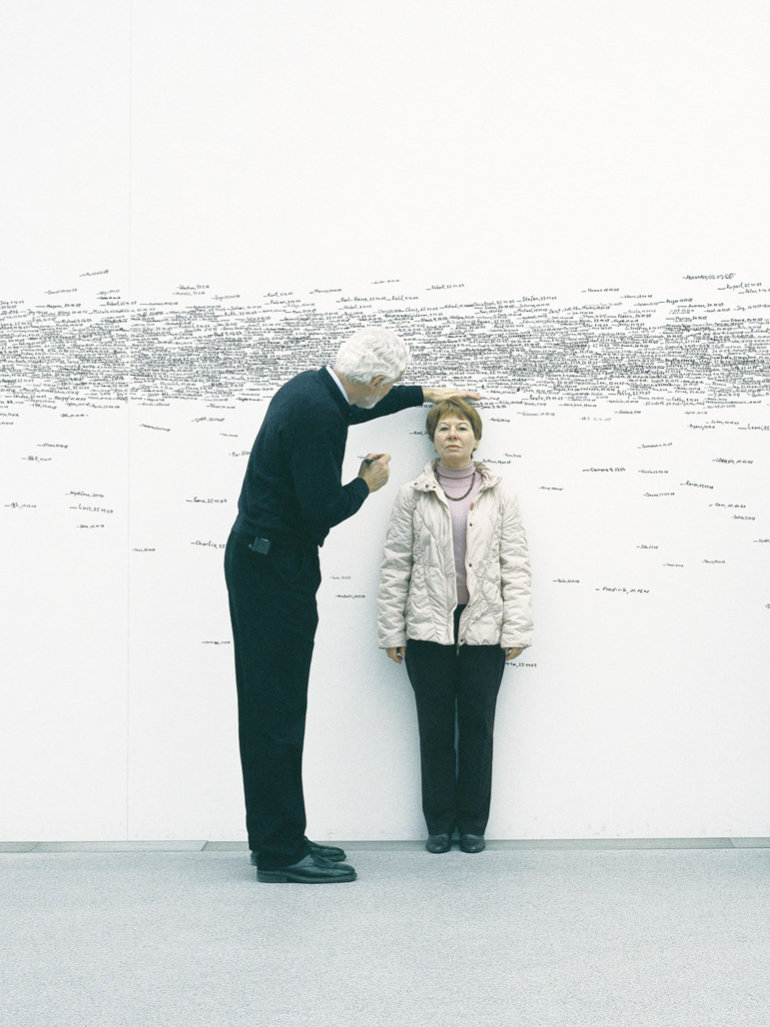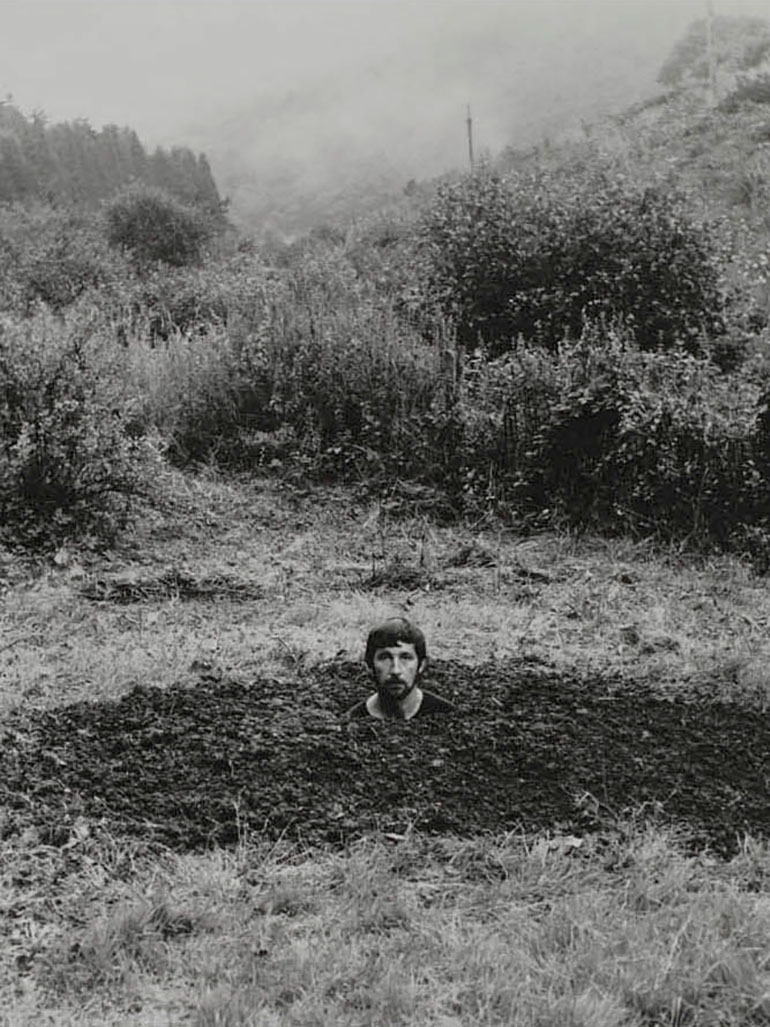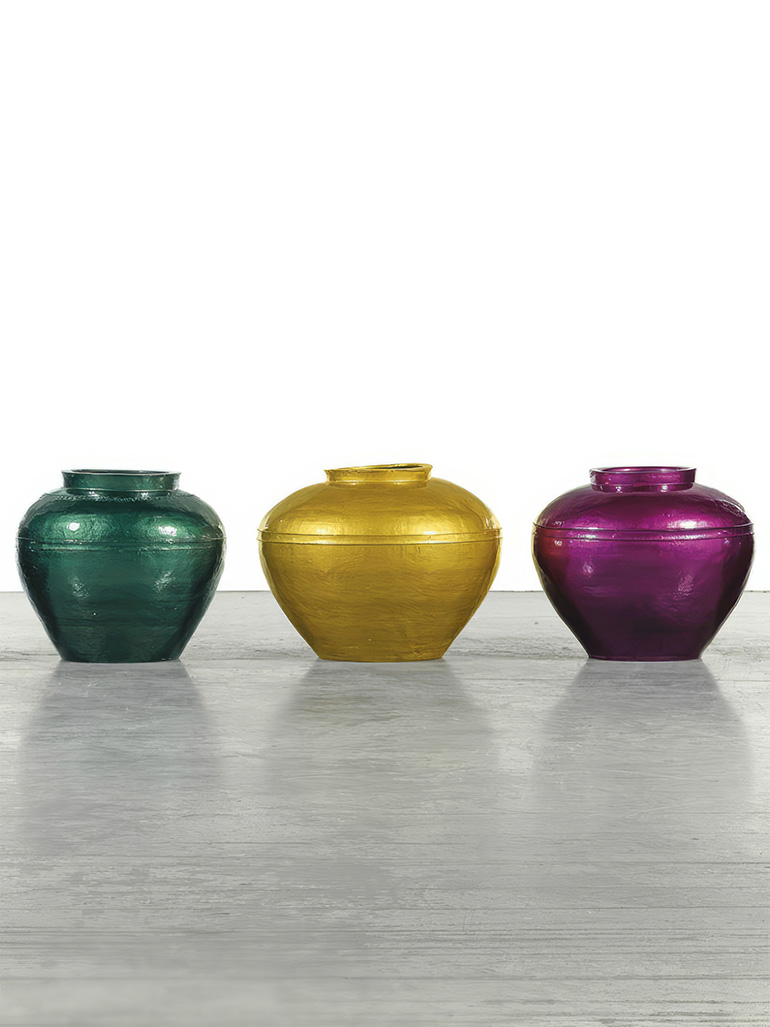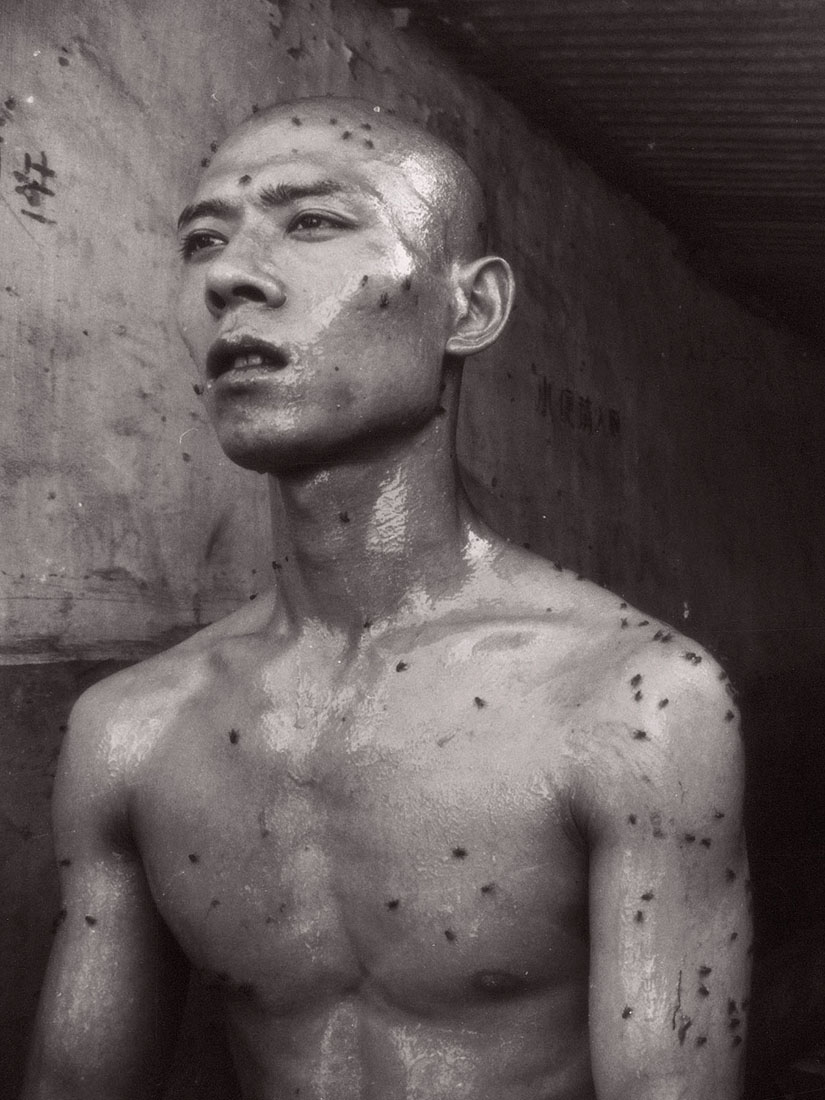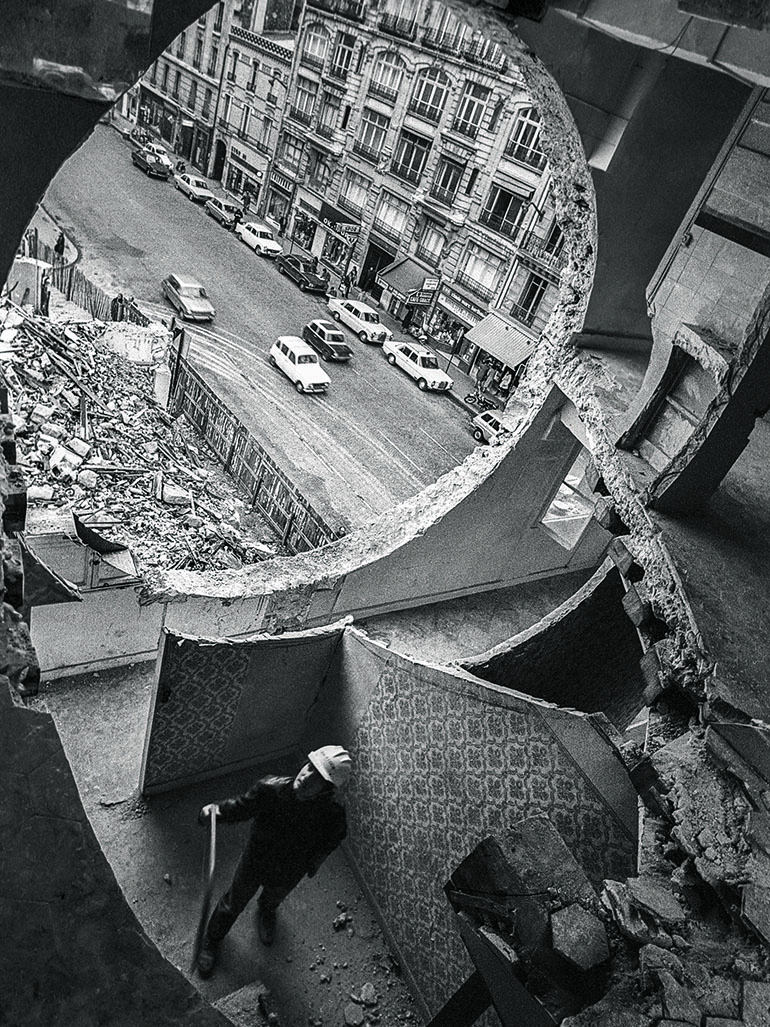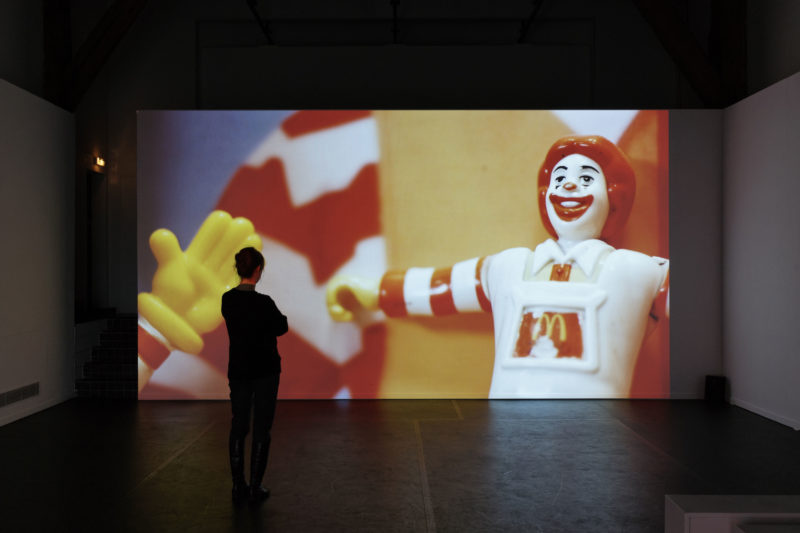
Introduction
In this short film, a life-size replica of a McDonald’s 1 burger bar gets flooded with water 2 gradually. There are images of furniture 3 being washed away in the water, food floating around the room, and electric appliances short-circuit to a halt before space can no longer be seen below the water.
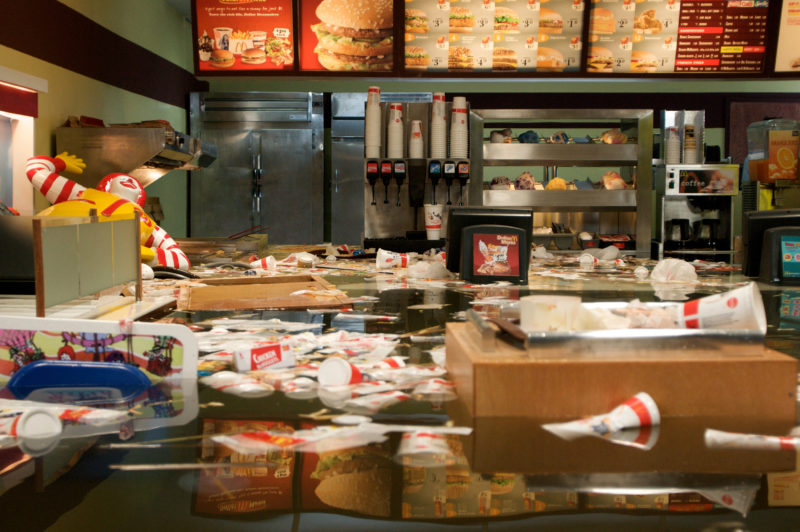
While the production lacks the typical disaster drama, it does not fall under artistic film production or documentary. Flooded McDonald’s is an insight into the role those big multinationals need to play in the face of disaster. First shown at a gallery in 2010 in South London, the film is the brainwork of a group of Danish artists called Superflex 4.
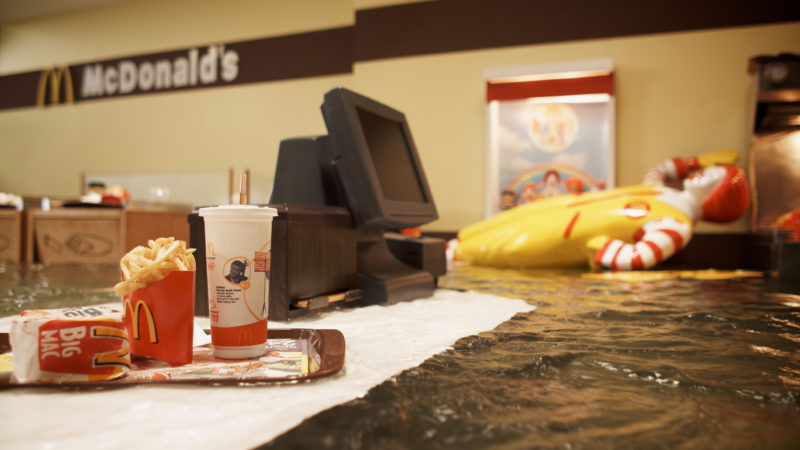
Videos: Flooded McDonald’s, 2009
How did Superflex come up with the idea?
The group built their idea from scratch, first singling out McDonald’s 5 as the largest fast-food restaurant in the world before they recreated a McDonald’s as it might have looked in the 1980s.
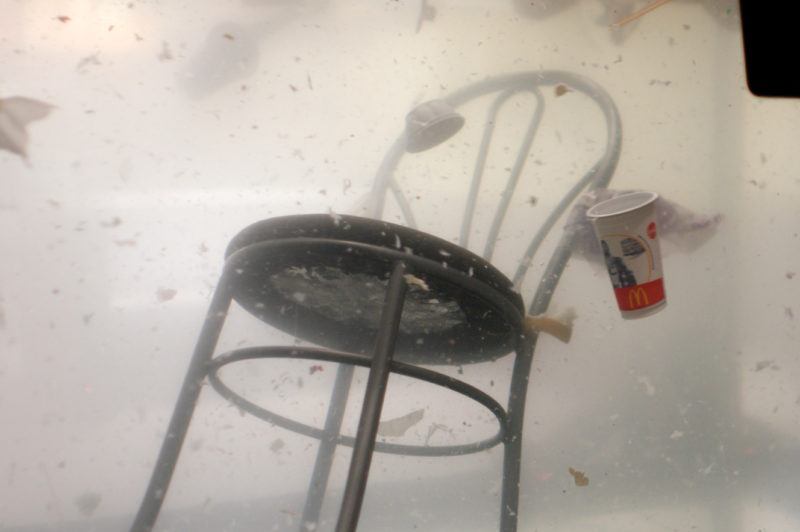
Why the 80s? The group thought that an image of how an outlet looked like at the time would be most iconic. The function of water was not only meant to illustrate destruction but also to cause the various components within it to come to life.
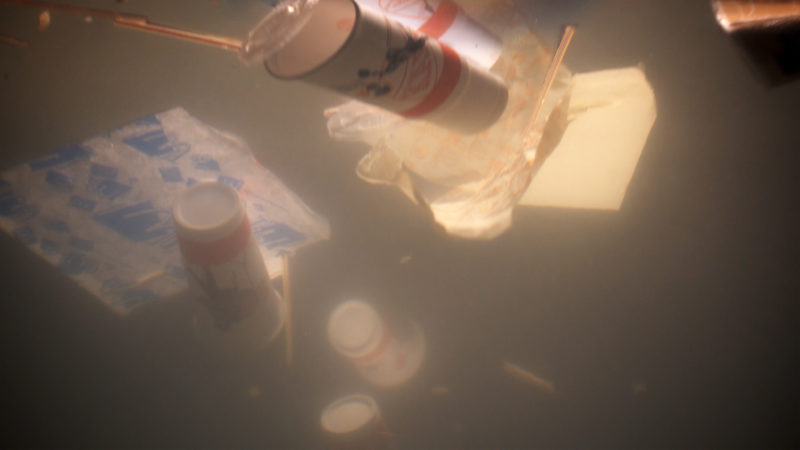
The creation of the film began in 2008 at a time when numerous post-apocalyptic scenarios were going on. The film no doubt focuses on serious issues, but viewers cannot help laughing at the lack of control of food as it gets washed away with the water.
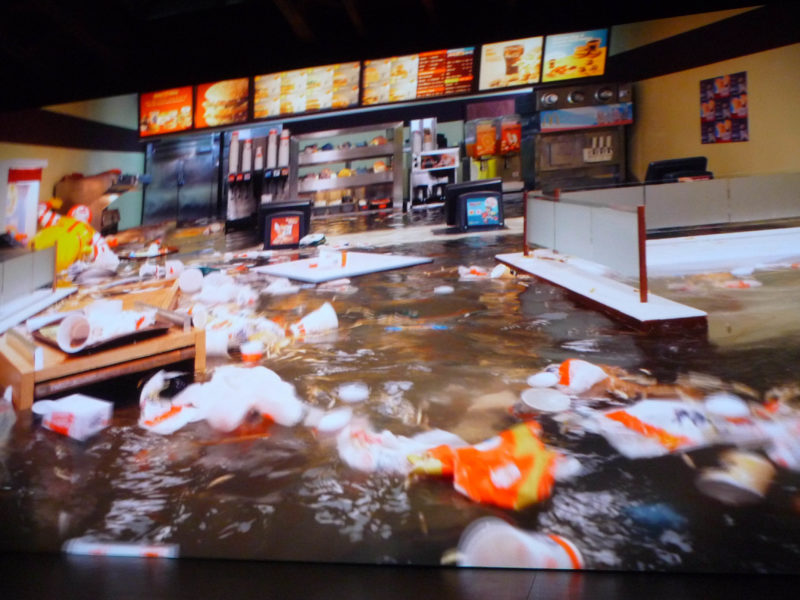
Video: Superflex Interview: Why We Flooded McDonald’s
Conclusion
Art must reflect real life and while McDonald’s might not suffer the catastrophe that is showcased in this film, the artwork opens up the minds of people to destruction, especially that which we can control.
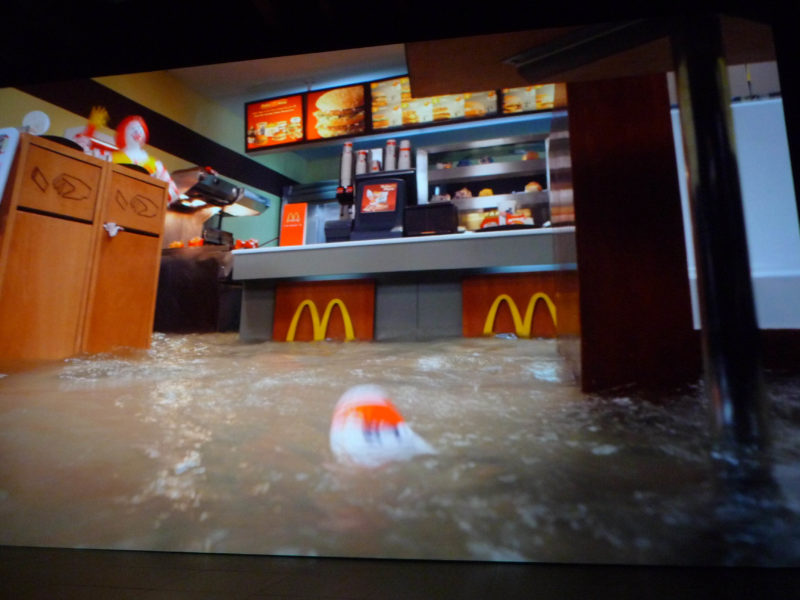
Other works by Superflex
Superflex has been doing similar projects since the group was constituted in 1993 with members Rasmus Nielsen, Bjørnstjerne Christiansen, and Jacob Fenger. In all their projects, they aim to develop tools with which their audience can model their own circumstances.
They have done projects on ‘Free Beer’, ‘Guaraná Power’ and installations and film. Most of their projects center on self-organization, democratic conditions, and economic forces.
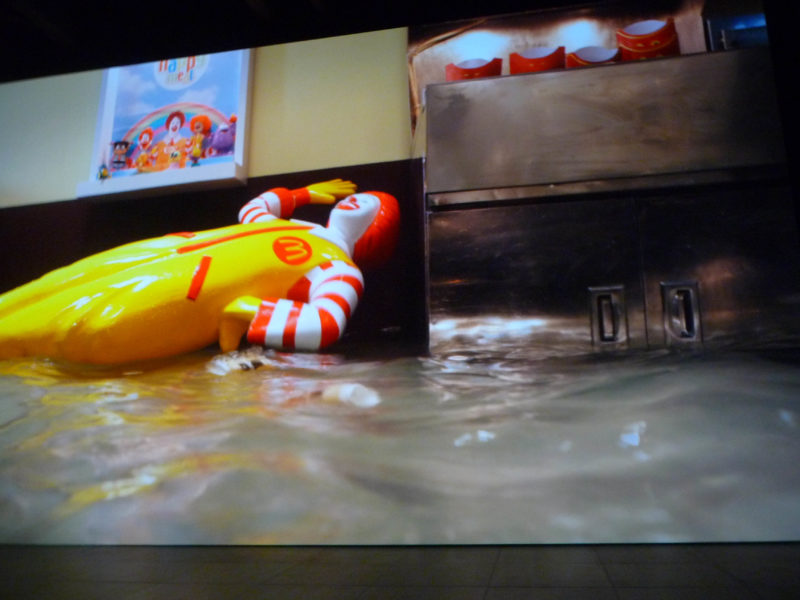
Exhbitions
Since these are common issues in many parts of the world, Superflex and their projects have found international recognition. Some of the most spectacular exhibitions they have held in renowned venues are Schirn Kunsthalle 6 in Frankfurt am Main, REDCAT Gallery in Los Angeles, and the Hirshhorn Museum and Sculpture Garden 7 in Washington D.C.
